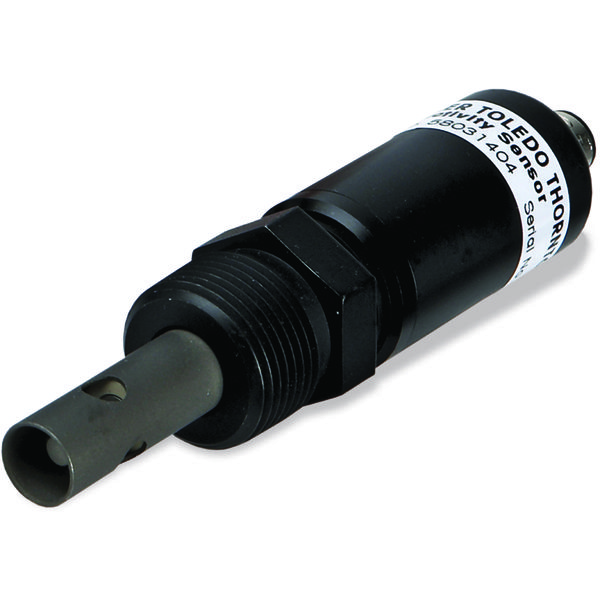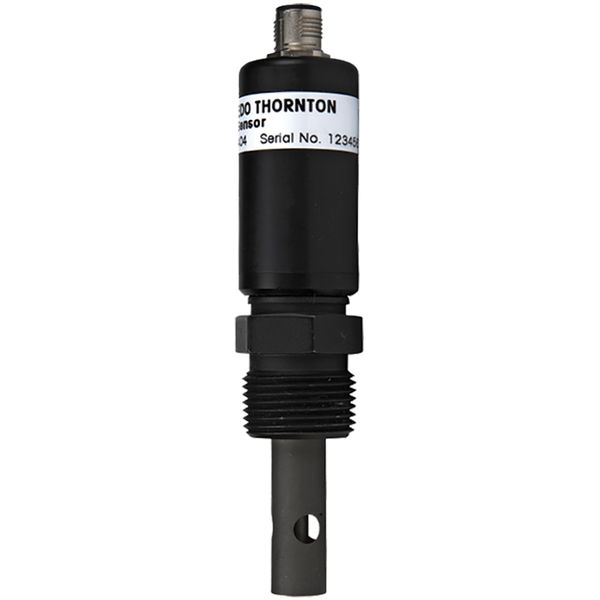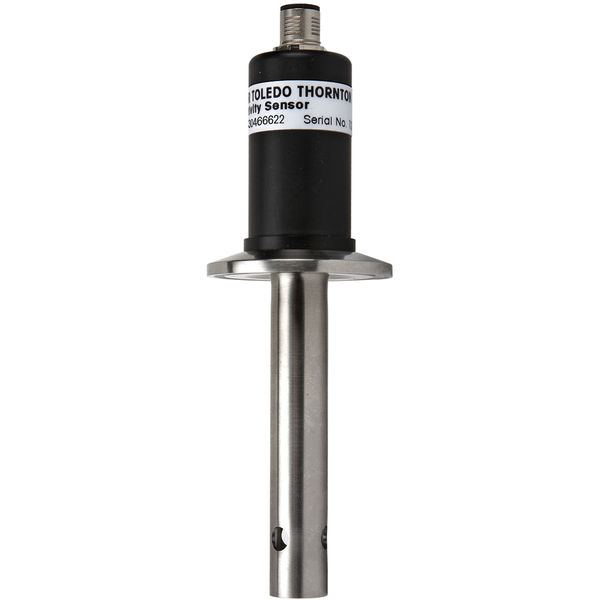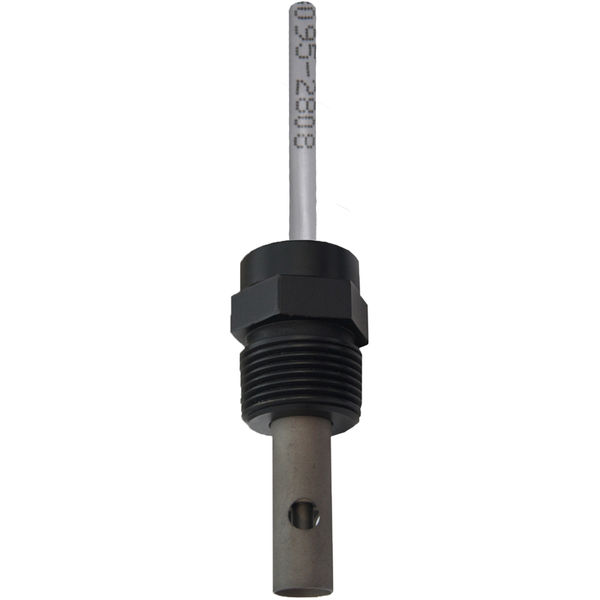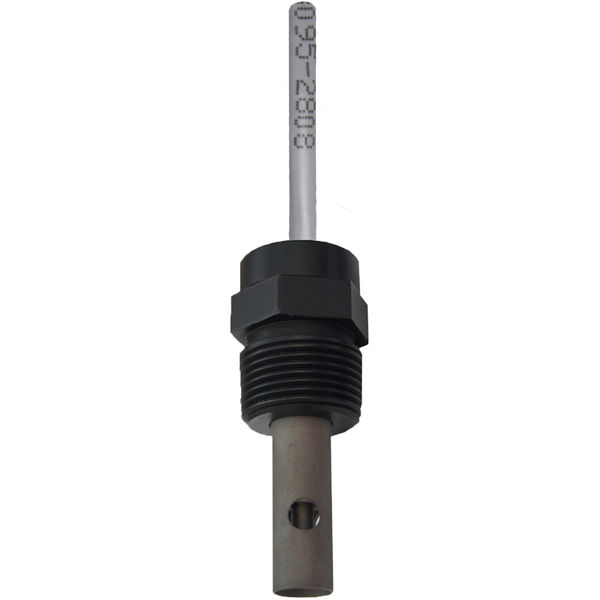Digital Conductivity and Resistivity Sensor
Selecting the right conductivity and resistivity sensor for pure and ultrapure waters can be a challenge. This video explains some of the most common challenges. It addresses how the UniCond digital conductivity and resistivity sensors from METTLER TOLEDO eliminate these challenges. The sensors make conductivity monitoring accurate, easy, and efficient.
